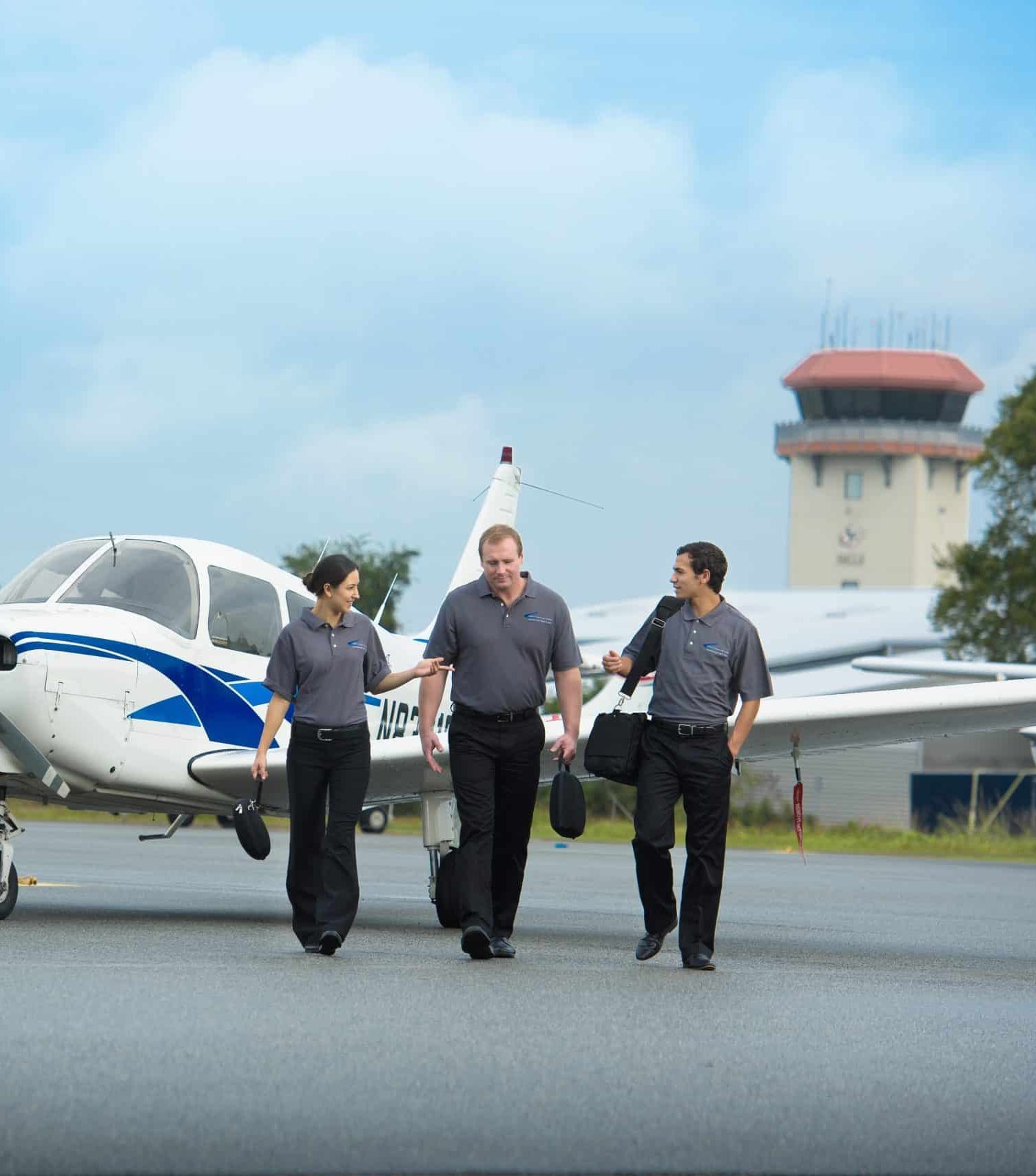The aviation industry, which was once synonymous with bustling airports and the on-site work it is currently undergoing a major change. Technology advancements and an increased emphasis on flexibility, remote airline jobs have been created as a paradigm shift in how the business operates. These positions allow professionals to make a difference in the aviation industry at their own home or a remote location, changing traditional career paths. They also offer unique work-life balance.
Remote Airline Jobs are on the rise
Traditionally, the aviation sector was dominated by jobs that require physical presence such as pilots, flight attendants as well as ground staff and customer service representatives. Rapid advancements in technological advancements has revolutionized the nature of the work that airlines do. The majority of the jobs that previously required interactions in person are now completed in a seamless manner. Remote jobs are a wonderful alternative for airlines. From data analysis to customer support inquiries, they have proven to be effective and reliable option.

Image credit: flightschoolusa.com
This trend isn’t merely about convenience. Remote work can be an economical option for airlines because it cuts down on overhead costs that are associated with office space. For employees, the capacity to work remotely eliminates commuting problems, promotes a better lifestyle, and opens up global opportunities.
Remote Airline Jobs Roles
The range of remote airline job opportunities is enormous, and covers many job opportunities that are suited to various qualifications and abilities. The most prominent jobs include:
Customer Service Representatives: Resolving questions and complaints, and handling reservations, is done via the internet. This makes customer service one the most requested positions for remote airlines.
Revenue Management Analysts: These professionals work remotely and employ advanced analytical tools to improve ticket prices and revenue streams.
Airlines depend on marketing specialists to create campaigns, manage their social media accounts and increase online engagement.
Travel Agents: Remote travel agents assist clients with flight bookings and itinerary plans, by leveraging technology to improve the process.
IT and Cybersecurity professionals: The support of airline systems, as well as protecting data, and maintaining IT infrastructure are all vital duties that are able to be carried out remotely.
Remote airline jobs that include flight benefits
Remote airline jobs with flights are appealing because they provide flexibility and professional benefits in addition to traditional benefits for flying. These roles are becoming more popular due to various reasons.
Work-Life Balance: Remote positions allow employees to design schedules that are tailored to their individual and professional commitments, resulting an increase in satisfaction at work.
Cost savings: Working from your home can help you reduce the cost of daily expenses like meals, transportation and other associated costs.
Many airlines offer remote employees flight benefits, including reduced or no-cost travel. Not only does it increase satisfaction for employees, but it also provides unique travel opportunities.
Remote Accessibility: Remote jobs allow individuals from various locations to join the aviation industry and create a more inclusive and diverse workforce.
Skills required for remote jobs in Airlines
Certain skills are necessary for success in remote job opportunities in the airline industry.
Technical Proficiency – Familiarity of software tools and platforms in the aviation industry will be crucial to ensure a smooth remote operation.
Communication Skills: A strong writing and verbal communication skills are essential to ensure an effective teamwork.
Time Management: The ability to manage tasks and meet deadlines on your own is essential to successful remote work environment.
Problem-Solving: Remote posts typically need quick thinking, adaptability and the ability to tackle challenges without immediate support.
How to Secure Remote Airline Jobs
To get a remote air place, you must plan your approach strategically. Here are some steps to help you get started:
Research Opportunities: Search job sites on airlines and remote job boards to discover openings that align with your talents and interests.
Polish your resume by highlighting any experience with remote work, technical abilities and relevant certifications.
Use Networking to connect with professionals from the aviation industry on sites like LinkedIn to discuss potential opportunities.
Prepare for interviews via virtual medium Answer questions that demonstrate your ability to handle the work from home and on your own.
Remote Jobs in the Airline Industry: The Future
While airlines continue to improve their services the way they operate, remote jobs for airlines are likely to grow in demand. The aviation industry has benefited from advancements in data analytics, communication technology, and automation.
The growing trend of remote working reflects a broader shift in the modern workforce which emphasizes efficiency, flexibility and employee satisfaction. Remote airline jobs are a great alternative for people who wish to develop their career without being held back by traditional work.
These opportunities allow professionals to reap the benefits and difficulties working from home. No matter if you’re an experienced aviation expert or are looking to break into the field remote work opportunities with benefits for flights provide the perfect way to boost your career to new heights.